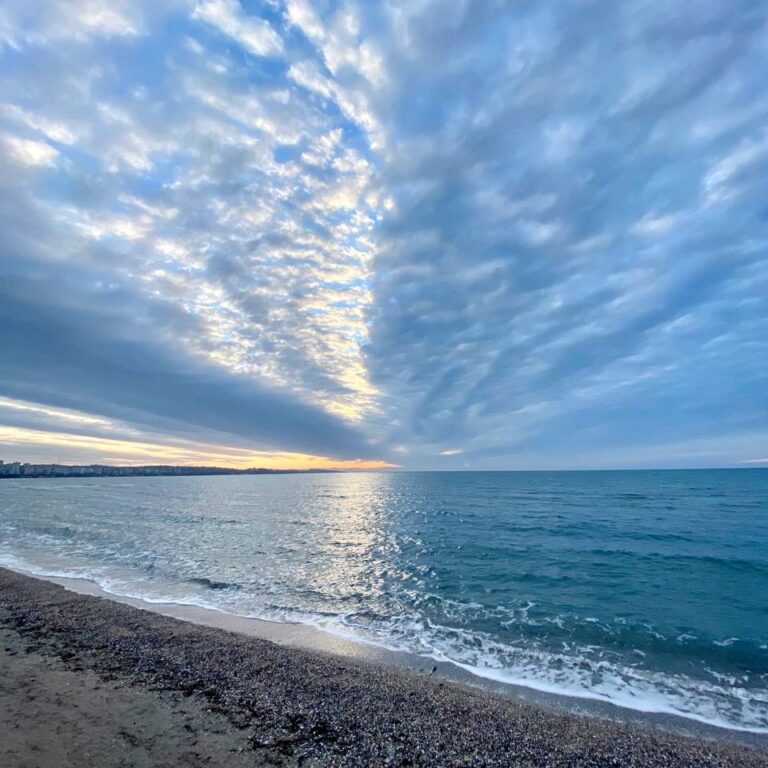Let us recall that the International Crimean Platform was initiated as an international coordination mechanism with the aim of returning the Crimean issue to the current agenda, protecting human rights in Crimea and promoting the de-occupation of the peninsula. At the 75th session of the UN General Assembly in September 2020, the President of Ukraine called on all countries to join this project. In August 2021, the first summit of the Crimean Platform was held in Kyiv. Further, its work is built on several levels: interparliamentary, intergovernmental, security and diplomacy, as well as in the expert community.
Any work of an international structure, the regime and status of which the Crimean Platform strives for, presupposes the presence of institutionalization and rules. Without institutionalization, as the process of any relationship acquiring established rules or norms within an organization, a social system or society as a whole, a supranational structure, as well as its expert mechanisms, naturally cannot work.
On May 13, at the Ukrainian Crisis Media Center, the Crimean Tatar Resource Center and experts from the Strategic Forum “Future of Crimea” presented such rules in the form of draft internal policies of the Expert Network of the Crimean Platform. Previously, according to the corresponding decision of the meeting of coordinators of the Expert Network working groups, the development of projects was entrusted to the head of the Crimean Tatar Resource Center Eskender Bariiev, as one of the coordinators of the Network working group.
Then, on June 19, a discussion of draft regulations and internal policies was held at the Ukrainian State University named after Drahomanov. The discussion was initiated by the participants of the Strategic Forum, and the projects were sent in advance to the current working groups of the Expert Network. The result of the discussion, taking into account the categorical position of a number of its participants, was an appeal to all current working groups of the Expert Network to send written positions on the proposed projects by August 1 in order to subsequently make a final decision on regulations and internal policies.
Further, as we already wrote, on June 24-25, the III International Forum of the Expert Network of the International Crimean Platform was held in Kyiv, in which Head of the Verkhovna Rada of Ukraine Ruslan Stefanchuk, First Deputy Minister of Foreign Affairs of Ukraine Andrii Sybiha, Deputy Secretary of the RNDC of Ukraine Andrii Kononenko, Permanent Representative of the President in the Crimea Tamila Tasheva, representative of the National Council for Television and Radio Broadcasting Vladimir Lyashenko, Ambassador of Latvia to Ukraine Ilgvars Kļava, other foreign and Ukrainian diplomats, experts, social and human rights activists.

Eskender Bariiev again spoke at the Forum about the need for the speedy adoption of regulations and internal policies. In his opinion, the rules will make it possible to quantitatively and qualitatively expand the circle of experts involved. Also at one of the panels, our Association’s expert Andrii Chvaliuk, among other things, raised the question of the timing of the possible adoption of regulations and internal policies of the Expert Network, as well as the experts’ vision in this context of the further evolution of the structure.
The Press Attaché of our Association was able to communicate and exchange views on the further institutionalization of the activities of the Expert Network with many Forum participants. Various opinions were voiced, including categorical ones. Among the answers: from “this cannot be done, because we are public experts and we do not need any regulations,” to “this is not advisable, since public representatives use this platform to convey their opinions to the authorities.”
There were also more constructive, but compromise proposals: within the framework of the existing legislation, introduce “rules of the game” by giving the Expert Network a certain status of a “public council” under the platform; if it is not possible to increase the expert level of work and institutionalize the network precisely in the format of providing high-quality expert documents.
Guests experienced in international affairs kindly agreed to evaluate the role of the Forum and answer our questions. As part of a mini-discussion on the sidelines of the Forum, an exchange of views took place on the topic of institutionalization of the Network, in which Ambassador of Latvia Ilgvars Kļava, Mihai Dinu, head of the political section of the Romanian Embassy in Ukraine, and Serghei Ostaf, a Moldovan expert on democratization of Eastern European countries from the Human Rights Resource Center (CreDO), took part.
“If we consider a classic international organization, then we will need a secretariat, as well as its leadership – elected or appointed. The secretariat is some kind of expense. And this must be consistent with the desire of the Ukrainian side, there must be a position: how they see it. …Of course, the classic answer for an international organization is that it is possible, but it is a matter of coordination and a matter of resources. …One more aspect: someone still needs to somehow evaluate the work of the Network,” said Ilgvars Kļava.
In turn, Serghei Ostaf considered it necessary to separate the military and civilian components, but to consider the Crimean platform itself and its Expert Network as a single whole.
“The non-military component of the occupation process is very extensive. There are a lot of areas that need to be worked on in the civilian sphere. Both the Crimean Platform and the Expert Network, I think, make a lot of sense, because all approaches need to be integrated. And work with the population, and work with economic entities, and so on. I would say that the “platform” and the “network” are a kind of “glue” that connects all directions,” said the Moldovan expert.
Serghei Ostaf added that, in his opinion, “it makes sense to institutionalize and create work areas,” and each of the work areas can have a corresponding internal organization, which will be supported by the secretariat. “This will be a form of decentralization characteristic of Ukraine. For example, in Moldova we have such a form, it sounds like an “association of associations.” You can also provide for the possibility of rotational leadership in the Expert Network for a period of one or two years. This allows for dynamics, especially when the Network enjoys authority in government. This means we need to take advantage of the opportunity and implement institutionalization. Specific points can be thought through. It’s actually not that difficult. I think we need to move towards greater institutionalization, because this will provide new opportunities, including directly influencing processes. I think this is the right approach for Ukraine,” Serghei Ostaf explained his position.
Mihai Dinu, who took part in the Crimean Platform Expert Network Forum for the first time, highly appreciated its importance and role in countering Russian aggression.
“This is my first time taking part in the Crimean Platform Expert Network Forum and I find this meeting very important in order to give experts the opportunity to be heard. I am sure that such a forum, such a meeting of experts is very interesting to tell and disseminate information about what and how to do in Crimea. In my opinion, in the final part of the forum, the economic block concerning specific mechanisms for countering Russian aggression was especially relevant,” he said.
The Romanian diplomat was supported by the head of the Latvian diplomatic mission.
“And, in fact, the Forum itself is wonderful, because very important topics are voiced here. The session on economics was a great discussion. There are a lot of questions, and I think that in such a process thoughts simply develop and some kind of picture is drawn up for the future: what will happen next after de-occupation? Because we are looking ahead to see what options are possible. Economics plays a major role. How will the peninsula exist after liberation? This is a very important topic. Politicians should also absorb the ideas developed by experts so that they can make the most correct decisions,” concluded Ilgvars Kļava.
Any of the public, state or international mechanisms cannot work without rules. The rules for participants are stipulated either in the charter developed for a specific organization, or in the approved regulations on the activities of the mechanism, or within the framework of accepted norms. Otherwise, each of the participants in the process will not be able to get the opportunity to fairly realize their rights and interests, which leads to a decrease in efficiency, chaos and even destruction of the mechanism.
Our Association will continue, together with other constructive public structures, to make exhaustive efforts to improve the quality of the institutionalization of the Expert Network and to further refine relevant projects.
Press Attaché of the Association, Ruslan Deremedved








